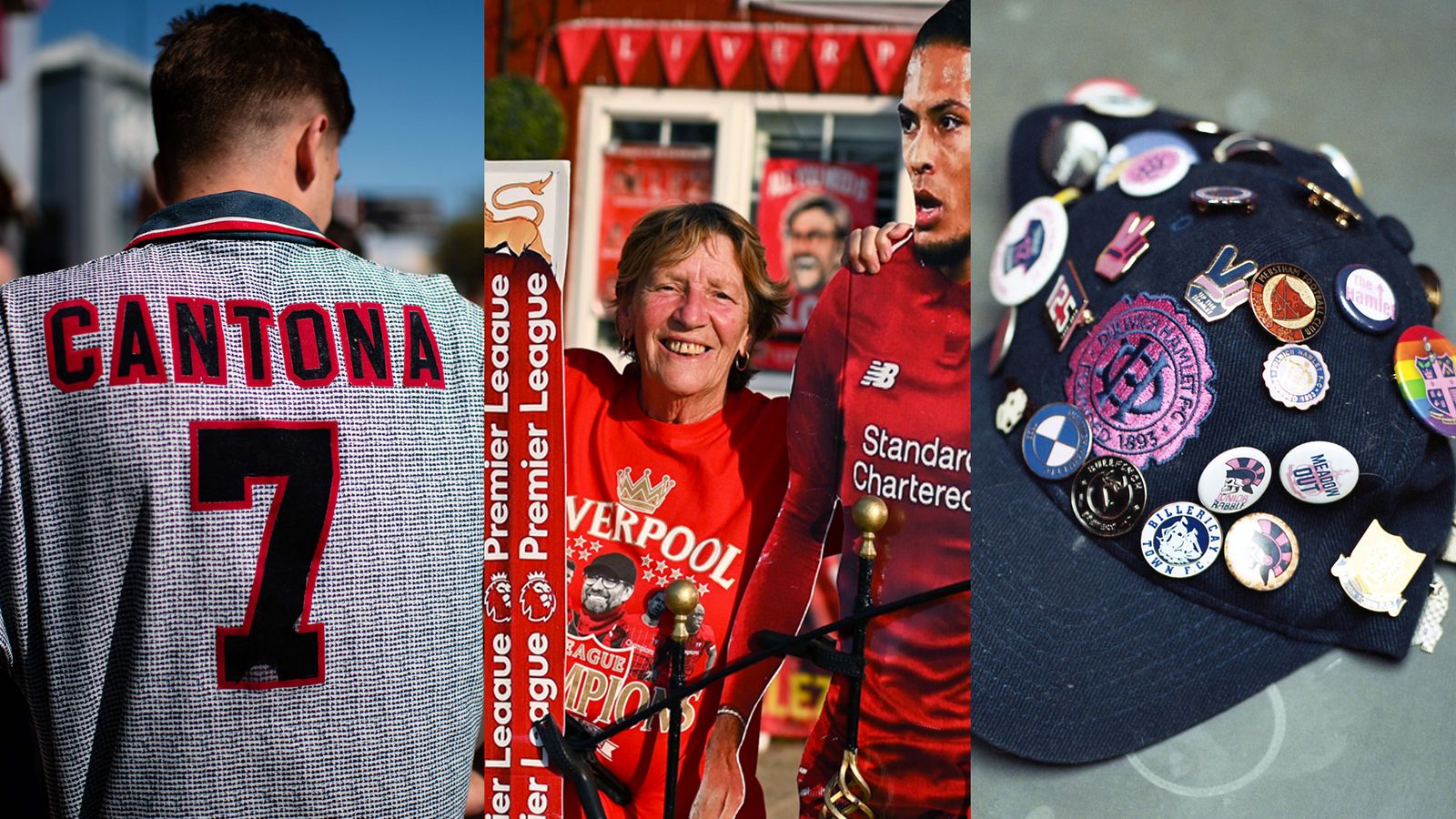
No doubt, Football As a Cultural Phenomenon has become the most popular sport in the world. It is played and followed by millions of people across the globe, making it more than just a sport… The game has a rich history and has evolved over time, creating a unique culture that is expressed in different ways by fans and players worldwide. In this article, we will explore the football culture and the various ways it manifests itself.
History and Evolution of Football
The history of football can be traced back to ancient civilizations, including Greece and Rome, where people played games with a ball using their feet. However, it wasn’t until the 19th century in England that modern football began to take shape. The first football club, Sheffield FC, was established in 1857, and the first football association, the Football Association (FA), was founded in 1863. This marked the beginning of the standardization of rules and regulations for the game.
Football quickly gained popularity in Europe, and various leagues were formed in different countries. In South America, Brazil became a hub for football, producing some of the greatest players in history, including Pelé and Ronaldo. In Africa, football has played a significant role in promoting unity and national identity, with many African countries producing world-class players.
Today, football has become a global phenomenon, with millions of fans around the world. The World Cup, organized by FIFA, is the biggest sporting event in the world, with billions of people tuning in to watch the tournament. In addition to the World Cup, there are numerous other international tournaments, such as the European Championship and the Copa America, which showcase the best football talent from around the world.
Football continues to evolve, with new technologies and innovations being introduced to improve the game. For example, the introduction of video assistant referees (VAR) has helped to reduce errors in decision-making, while goal-line technology has ensured that crucial goals are not missed.
Football has come a long way since its origins in ancient times. From a simple game played with a ball to a global phenomenon, it has played a significant role in shaping the cultural identity of different countries and regions worldwide. With its continued evolution, football will continue to captivate audiences around the world for years to come.
How Fans Express Their Passion for Football

Football fans are known for their passion and devotion to the game. They express their love for football in various ways, such as:
- Attending Games: One of the most obvious ways fans express their passion for football is by attending games. Whether it’s a local club match or an international tournament, fans love to be in the stadium, cheering on their team. The atmosphere is electric, and the sense of camaraderie amongst supporters is infectious.
- Wearing Team Merchandise: Fans also show their love for football by wearing team merchandise. From jerseys to scarves to hats, supporters proudly display the colors of their team. This not only shows their support but also helps to create a sense of community amongst fans.
- Participating in Fantasy Football: Fantasy football has become increasingly popular in recent years, with fans competing against each other to create the best virtual team. It’s a fun way for fans to engage with the sport and to feel like they are a part of the action.
- Social Media: Social media has become a popular platform for fans to express their passion for football. Whether it’s by sharing news, posting photos or engaging in discussions, social media allows fans to connect with each other and share their love of the game.
- Tattoos: Some fans express their passion for football through tattoos. From team logos to player portraits, tattoos are a permanent way to show one’s support for the sport and their favorite team.
- Chants and Songs: In-stadium chants and songs are a way for fans to show their passion for football and to create an intimidating atmosphere for opposing teams. These chants and songs often become iconic and are passed down from generation to generation of fans.
- Collecting Memorabilia: Collecting football memorabilia is another way for fans to show their love for the sport. From match tickets to signed jerseys, fans collect items that hold sentimental value and remind them of their favorite players and moments in the sport’s history.

In conclusion, there are many ways for fans to express their passion for football. Whether it’s attending games, wearing team merchandise, participating in fantasy football, using social media, getting tattoos, chanting and singing, or collecting memorabilia, fans find their own unique ways to show their support for the sport and their favorite teams.
How Players Express Their Passion for Football

Football players are not left out in the expression of their passion for the game. They show their love for football in various ways, such as:
Celebrations: Players celebrate their goals by performing unique dances and gestures that have become iconic in the football world.
Tattoos: Many football players get tattoos that represent their love for the game. These tattoos can be anything from their team’s logo to a favorite quote about football.
Charity work: Football players often use their platform to give back to their communities through charity work, showing their love for the game and the people who support them.
Conclusion:
In conclusion, football is more than just a game – it’s a cultural phenomenon that transcends borders, languages and backgrounds. The sport has the power to bring people together, create a sense of community and foster a shared sense of identity. Football culture encompasses everything from fan behavior and traditions, to music and fashion, and has had a significant impact on popular culture around the world. From the World Cup to local club matches, football culture is a global phenomenon that continues to evolve and inspire.








